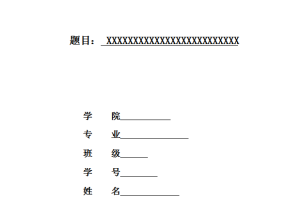The Effects of Affective Strategy Training in the ESL Classroom
Abstract
This paper presents the findings of an intervention designed to examine the effects of affective strategy instruction on measures of second language proficiency and of self-efficacy. The participants in this study were 31 adult intermediate-level ESL learners registered in a full-time ESL program in a post-secondary institution in Canada. Two classes participated in this study; one received 12 hours of affective strategy training, and the second served as a comparison group. At Weeks 1, 5, 10, and 15, learners completed two sets of oral information-gap tasks: picture story narratives and object descriptions. Prior to each task, they provided scalar judgments of their ability to provide accurate descriptions. The data from the self-report questionnaires and from the transcripts of the audio-tapes were used to analyse students’ perceptions of self-efficacy and their second language performance. The results are discussed with respect to the context in which the training was conducted.





